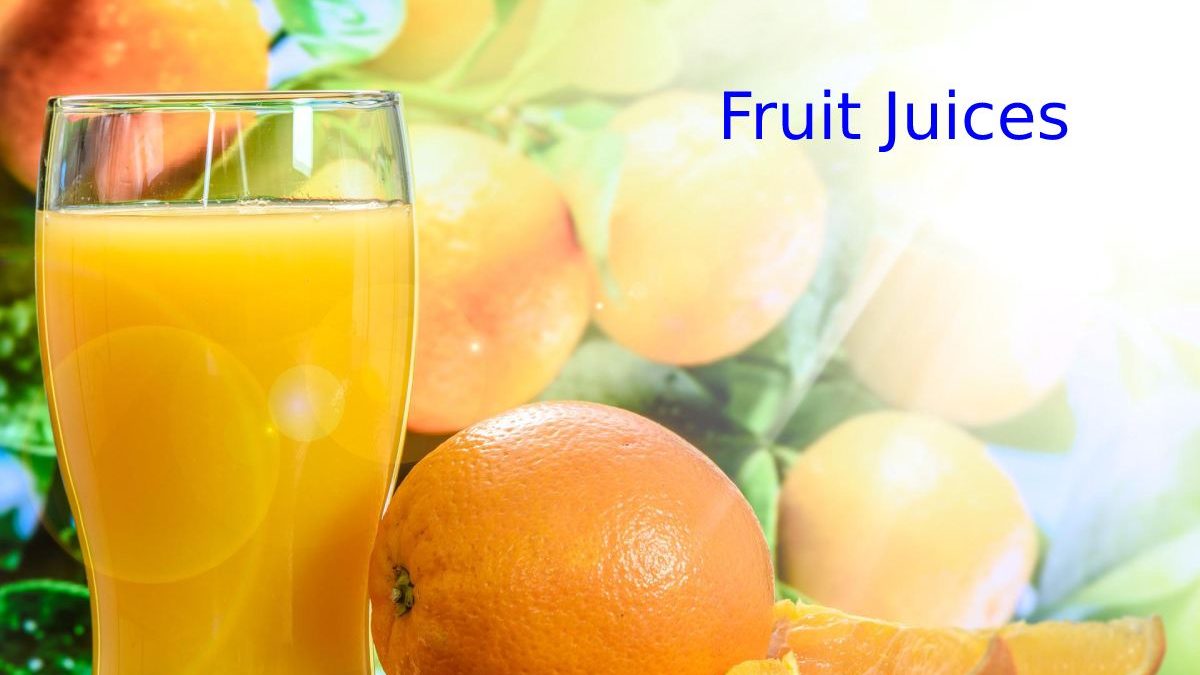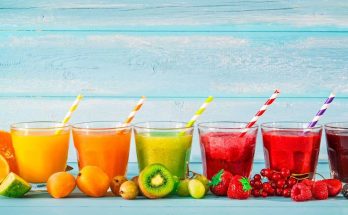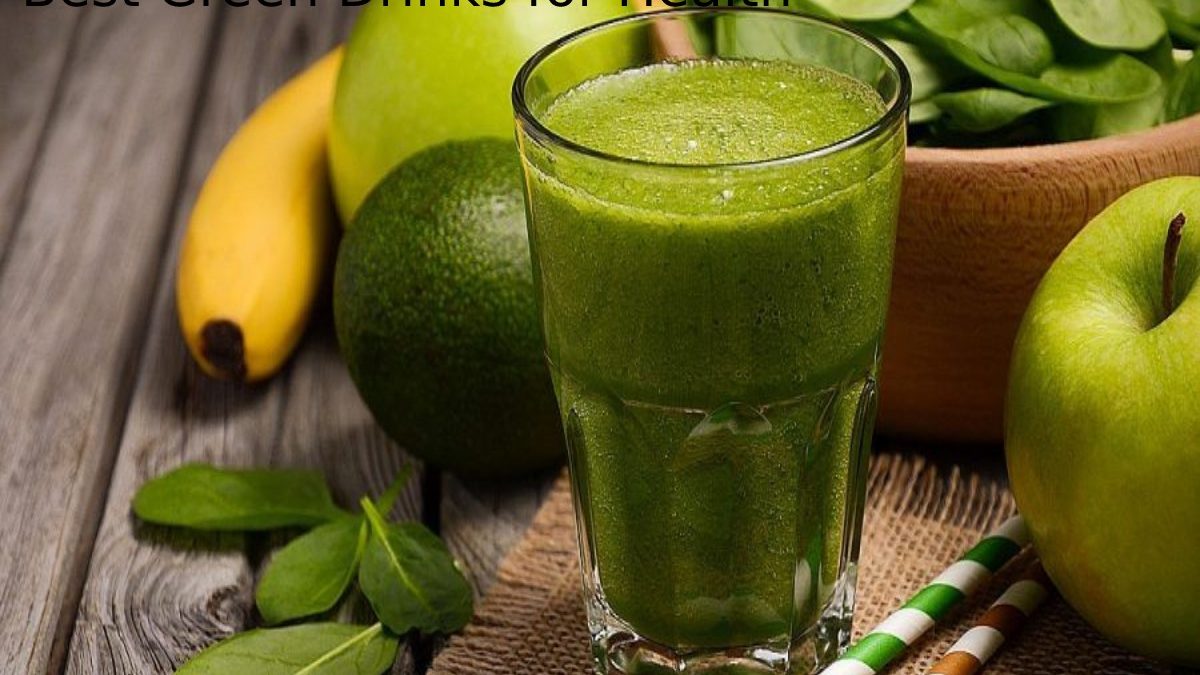All the Fruit Juices recipes are straightforward to make, and it seems that some of them are similar, but in reality, you can make any fruit juice recipe that you want with any ingredient that you like. Go ahead and make a different fruit juice recipe every day if you feel like it.
Natural fruit juices are delicious and provide many nutrients such as vitamins, minerals, and more to your body.
These compounds help your body function properly and lead a healthy life by feeling that well-being.
We are going to give you the best recipe book for juices and natural fruit and vegetable juices, their nutritional value, properties, how to make them and ideal combinations
Blenders on the market, we now have a tool that makes our work in the kitchen much more straightforward. The way to enjoy many more recipes, such as smoothies, juices, shakes, and other recipes, is full of vitamins and nutrients that we can obtain from fruits. Here we will teach you how to make fruit juice in a blender.
Make Fruit Juice In A Blender

Enjoy these free recipes to make fruit juice in the blender quickly and simply.
Pineapple Smoothie To Burn Fat
This is an excellent option to burn fat, and it is usually drunk in the morning, intending to burn fat during the day. The shake has several nutrients and vitamins, among which vitamin C, vitamin B6, B2, folic acid, and omega 3, among others, stand out.
- Ingredients:
- One prickly pear
- Two grapefruits
- Three organic celery stalks
- One tablespoon of honey
- ½ cup pineapple chunks
- water to taste
- ice cubes to taste
Preparation:
In the blender you have at hand, you will pour all the ingredients we mentioned before. Now you must make sure that they are very well mixed. To do so, program the blender at maximum speed. You will know that it is ready when it has a uniform and consistent texture to be a perfect drink for the moment.
Juice or Melon Juice
Melon juice or melon juice
The melon is a summer fruit due to its high water content (80%). It has a sweet pulp of colour ranging from yellowish-white and green to orange. Its bark can also vary between these exact colours.
- Nutritional information (per cup)
- Calories: 81
- Proteins: 2g
- Carbs: 19g
- Sugars (natural): 19g
- Fat: 0.5g
- Fibra: 2,1g
- Vitamin A
- C vitamin
- folate
Due to its potassium and fibre content, melon juice is considered purifying. Thanks to its diuretic and laxative action (only slightly), it helps the body eliminate waste.
When we are craving, the best drink we can drink is water. It is indisputable, and all experts agree on it. It is the well, as long as it is filtered and in good form. Rendering to the European Food Safety Authority (EFSA), it is advisable to drink between 2 and 2.5 litres of water a day. However, it isn’t easy to give an exact figure with certainty since it depends on other factors, such as the type of food we eat and the quantity of water they contain.
Is It Healthier To Drink Juice Than To Eat Whole Fruits Or Vegetables?
Juicing is no healthier than eating whole fruits and vegetables.
Juicing extracts the juice of fresh fruits or vegetables. The liquid contains most of the vitamins, minerals, and plant chemicals (phytonutrients) found in fruit. However, whole fruits and vegetables also have healthy fibre, lost during most juicing.
Some believe that juicing is better than eating whole fruits and vegetables because the body can absorb nutrients. It gives the digestive system a break from digesting fiber. They say that juicing can reduce cancer risk, stimulate the immune system, eliminate toxins from the body, aid digestion and help lose weight.
However, there is no scientific evidence that the extracted juices are healthier than the juice obtained by eating the fruit or vegetable itself.
But if you don’t like to eat fruits and vegetables, juicing can be a way to add them to your diet or to try fruits and vegetables that you might not eat.
Consider blending instead of juicing. Combining the edible parts of fruits and vegetables produces a beverage that contains more healthy phytonutrients and fiber. Fiber can help you feel full.
If you try drinking juice, only drink as much juice as you can drink at one time; Harmful bacteria can overgrow in freshly squeezed juice. If you buy commercially produced fresh juice, select a pasteurized product.
Conclusion
According to the WHO, sugar is not necessary from a nutritional point of view, so, as far as possible, you should avoid soft drinks and other drinks that contain it. It also recommends that, if free sugars are ingested, they provide less than 10% of total energy needs; furthermore, health improvements can be seen if reduced to less than 5%, equivalent to less than one 250-millilitre glass of sugary drink per day.



